How to Read a Dance Floor: 6 Tips to Keep The Crowd Engaged
Keep the dance floor going with these song selection tips.
One of the most difficult DJ skills to learn is how to read a dance floor. Here are six tips to make sure you never clear out the club.
How to Read a Dance Floor
When learning to DJ, we tend to focus on the technical aspects. How to beat match, perfecting smooth transitions, incorporating acapellas and making mashups. All of this is absolutely necessary to know to be a solid DJ but one aspect of the craft is harder to teach: how to read a dance floor.
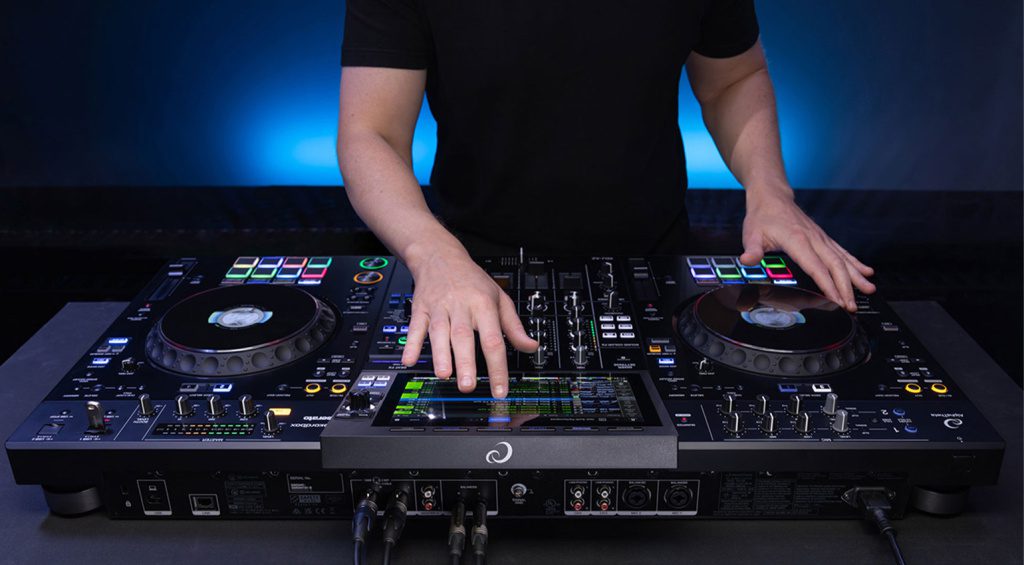
Unless you’re taking requests (and if so, God bless you) or you’re a wedding DJ working from a playlist, knowing what song to play and when can be a tricky thing. You have to clear a dance floor a few times – and believe me, you will – before you develop a sixth sense for what the club wants to hear next.
Learning to suss out what the crowd wants will come with experience. Until then, here are a few pointers on how to read a dance floor.
How to Read a Dance Floor: Feel the Vibe
It may sound silly, but one of the most important things you can do to learn how to read a dance floor is to pay attention to the vibe. This is more than just watching the people, although this is important too, and I’ll address it in a minute. I’m talking about the general feeling in the club. Try to read the room, in other words.
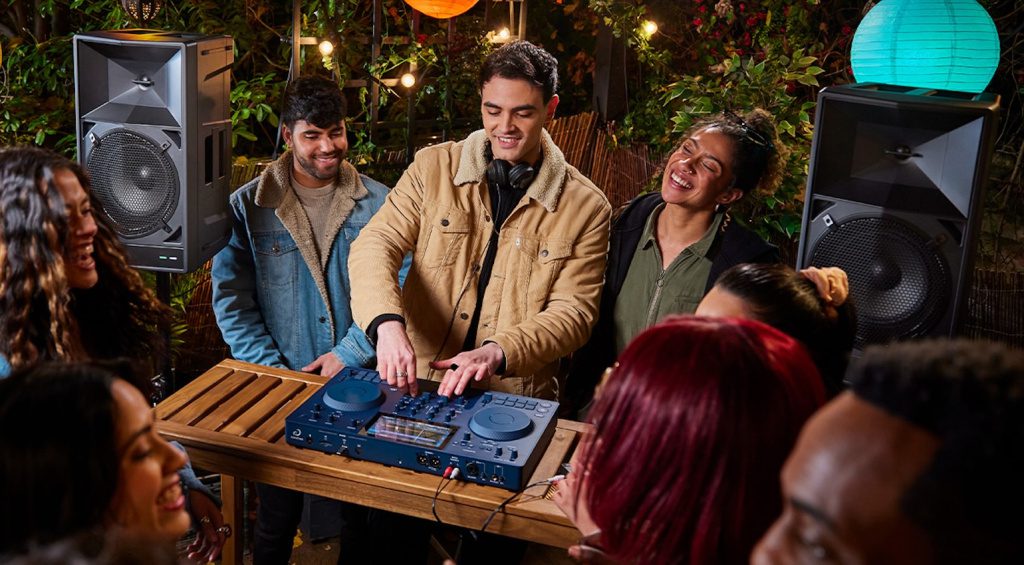
One of the most instructive DJ gigs I ever had was playing downtempo and lounge records at an Indian restaurant. No one was even looking at me – they were eating their meals and speaking with their companions – but I could distinctly feel the energy in the room shift when they were vibing on a record. It was like the air changed. It’s a subtle thing, but it’s definitely there. Playing to a crowd of people who are actually dancing makes it even easier to feel the vibe.
How to Read a Dance Floor: Watch the Crowd
Along with the vibe, use your eyes to gauge if your song selections are going over well. Are people hugging the bar and paying attention to each other, or are they making their way to the dance floor and engaging with what you’re doing? Once you’ve got them, are you keeping them? If too many people start heading back to the bar or out to another part of the club, it may be time to rethink your records.
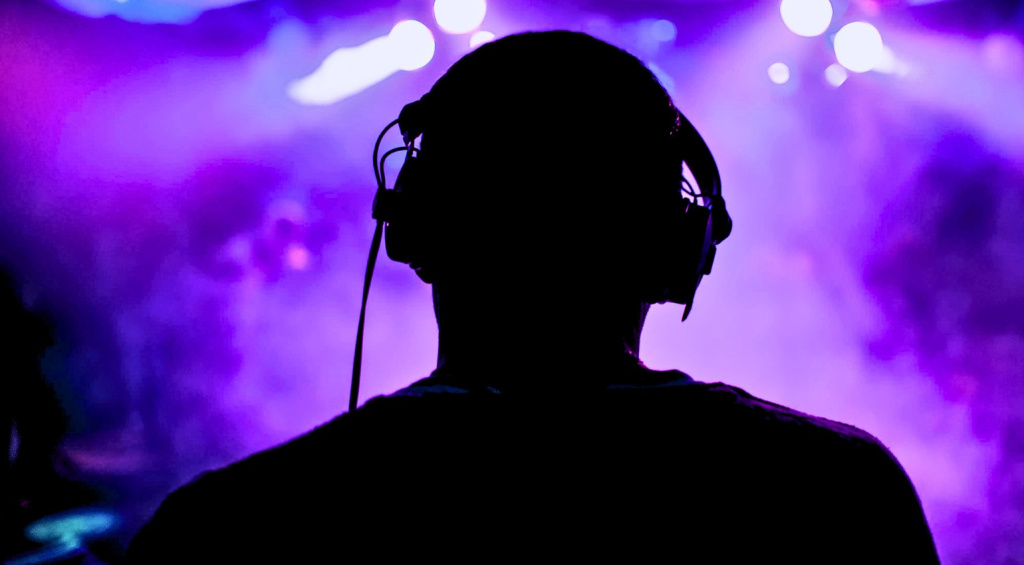
Of course, you won’t notice any of this if you’re too focused on the gear itself. An active performance is great, but never at the expense of the room. Keep one eye on the floor at all times. You can even take your hands away from the mixer and have a dance in between transitions.
How to Read a Dance Floor: Know Your Place
Unless you’re a name DJ playing in the headlining slot, most of the punters in the club probably didn’t come to see you. The party is, therefore, more important than you. If you try to force an agenda at the wrong time or in the wrong place, the dance floor will reject you faster than you can say, “Hey, where did everybody go?”
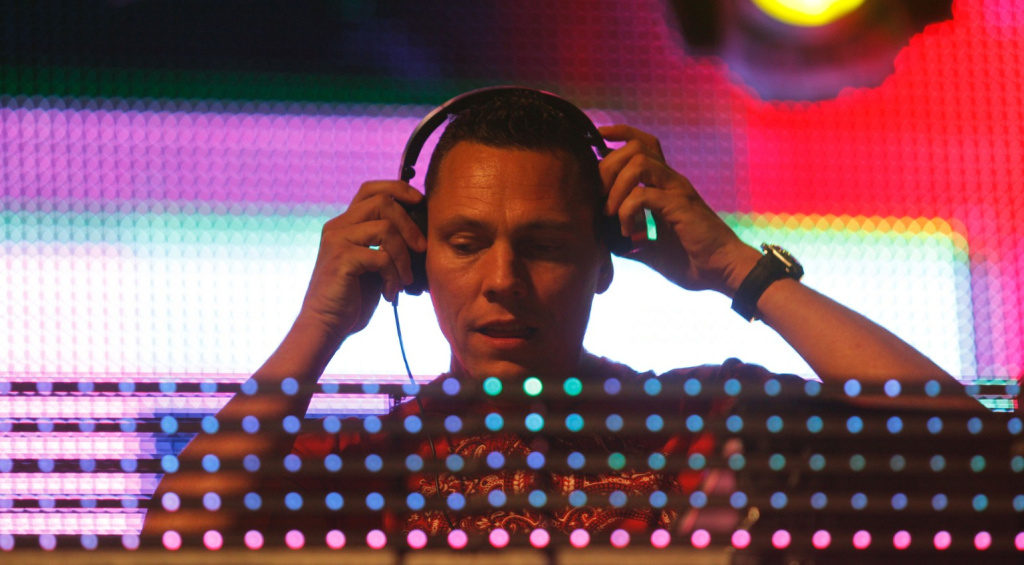
If you’re the opening DJ, play music appropriate for the time: warm-up tracks and few bangers, if any. If you’re the final DJ of the night, reach for the uplifting and psychedelic gems and take those die-hard party warriors into the morning light. Likewise, make sure your song selection works at the venue. A room full of well-dressed wine drinkers might not appreciate your hardstyle onslaught.
I once played at a bar and came on after the previous DJ had destroyed the vibe with fast and heavy music, despite the fact that it was early in the night and people were still arriving. I came on, played something better suited to the vibe, and soon had the place moving and grooving. At which point, the first DJ insisted on coming back on and playing the exact same selection, which killed the vibe again. Read the room, dude!
How to Read a Dance Floor: Tell a Story
Once you have the crowd moving, how do you keep them engaged? When I spent a lot of time in clubs in the 1990s, people talked about the DJ telling a story, pacing their set over a few hours (or even the whole night!) to keep people interested and involved. A good set will have movement to it, building in intensity and even tempo to a plateau. Think about where you’d like to go, what records you want to peak with, and work your way up to the point. You can even play a few popular records to get the dancers hooked, and then once you have them, take them in a new direction.
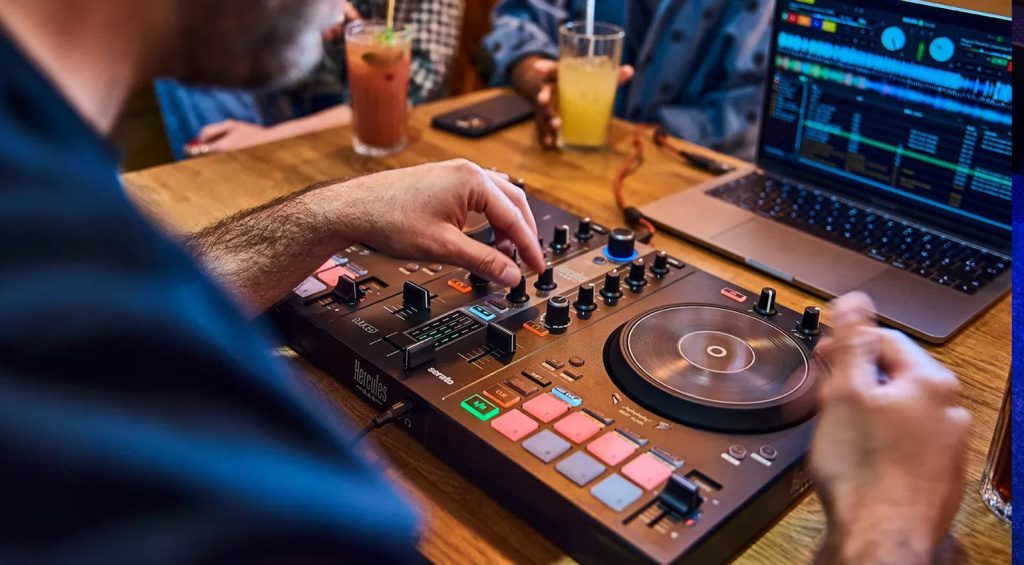
Of course, a set like this depends on the luxury of time. If you’re coming on in the middle of a festival with only a 45-minute set, it’s hard to tell any kind of story. All bangers may be the best way to go. Or you could consider who’s playing before and after you and modulate your set based on their styles.
How to Read a Dance Floor: There’s Always AI
If you’re just getting started as a DJ, or you recently bought too many tracks and haven’t had the chance to properly learn them yet, knowing what songs to play and when can be hard. Thanks to artificial intelligence, many DJ apps now offer song selection assistance, with the algorithm analyzing cuts for not only tempo and key but also energy.
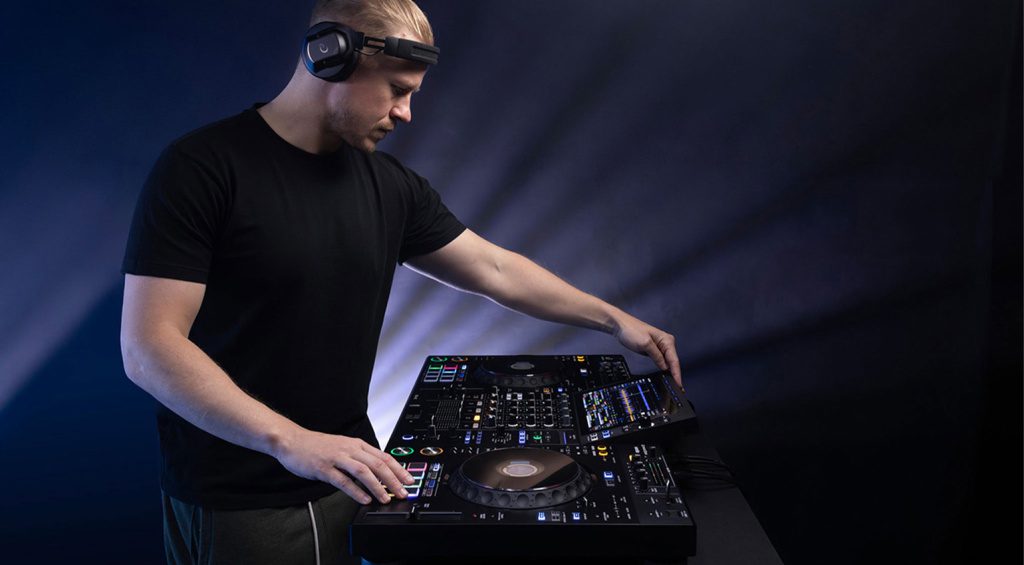
Algoriddim Djay Pro can look at the song you’re playing and suggest similar ones, as can AlphaTheta’s rekordbox. Rekordbox can also generate intelligent playlists for you in advance. Mixed In Key will analyze your collection and give each track an energy rating, which you can then import into your software and use to help you choose songs during a set.
Recommended Gear
Lastly, looking to get started DJing? Here are a few DJ controllers that we recommend. These are all available at Thomann*.

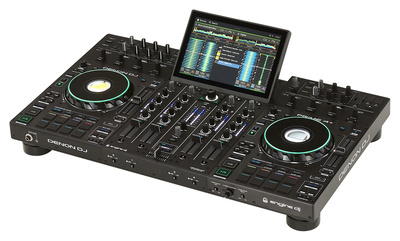

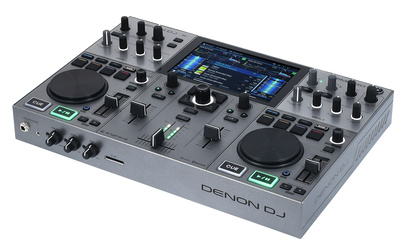

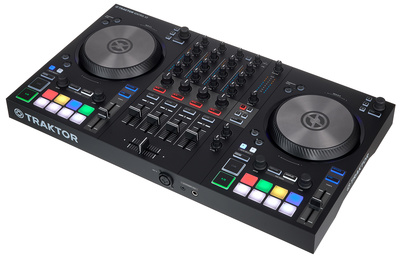

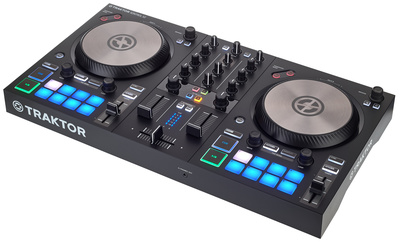

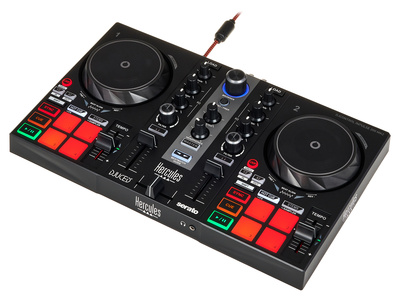

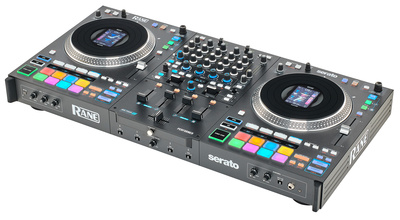
More Information
*Note: This article contains advertising links that help us pay for this site. Don’t worry: the price for you will always be the same! If you buy something through these links, we will receive a small commission. Thank you for your support!
3 responses to “How to Read a Dance Floor: 6 Tips to Keep The Crowd Engaged”

 3,0 / 5,0 |
3,0 / 5,0 | 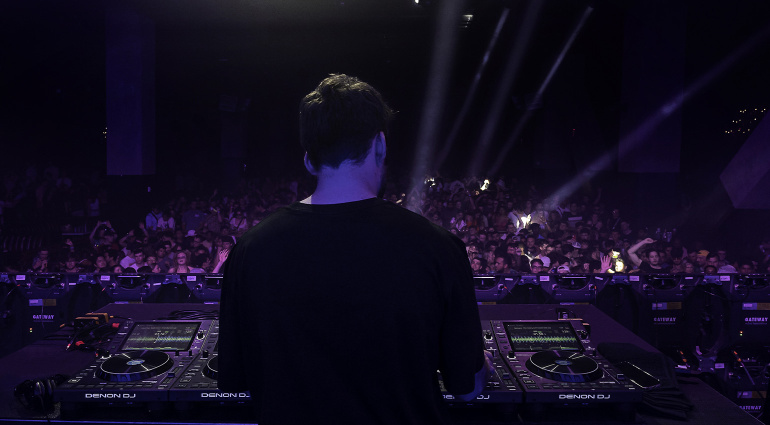


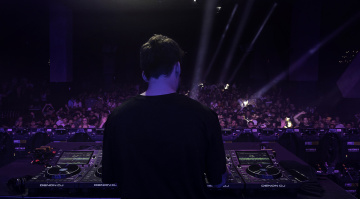

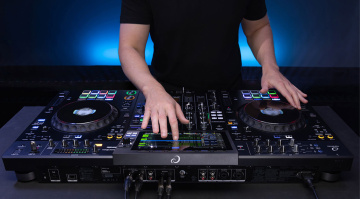
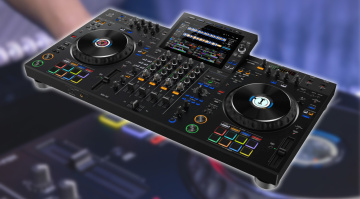
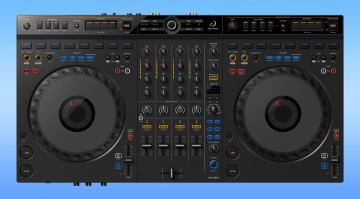
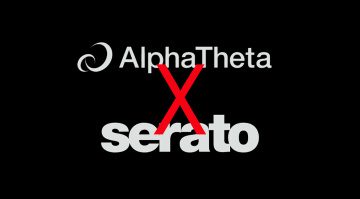

35 years too late, tips on being a DJ. It’s dead and buried, the dancefloor is empty, and the crowd are all on Tranq. It was made big in the UK, but the greedy men and the law killed it like punk killed prog rock. And the brains left. There is still an underground scene but you won’t find it on yer interwebnettrap. Go be a superstar DJ to yourself in your own bedroom, phone dweller.
So djing is dead? Yes!!!! Finay!! Morons with no musical ear or rythm that want to be stars are finały dead!! Yes!! Yes!!! Yes!!!
You don’t ‘read’ a dancefloor, as I recall, you fly above it on acid